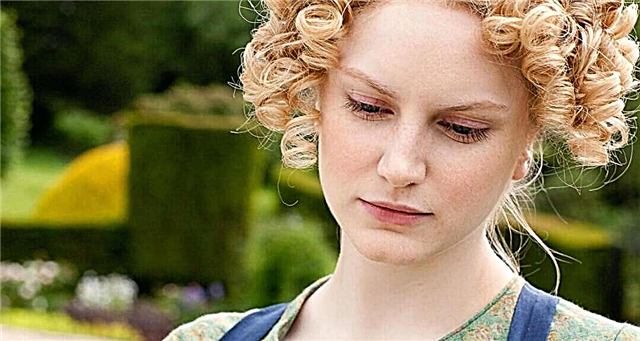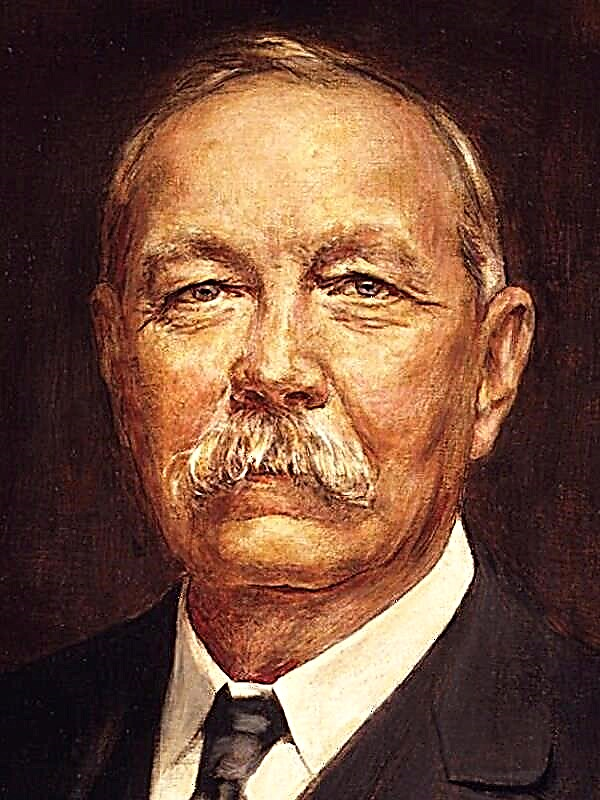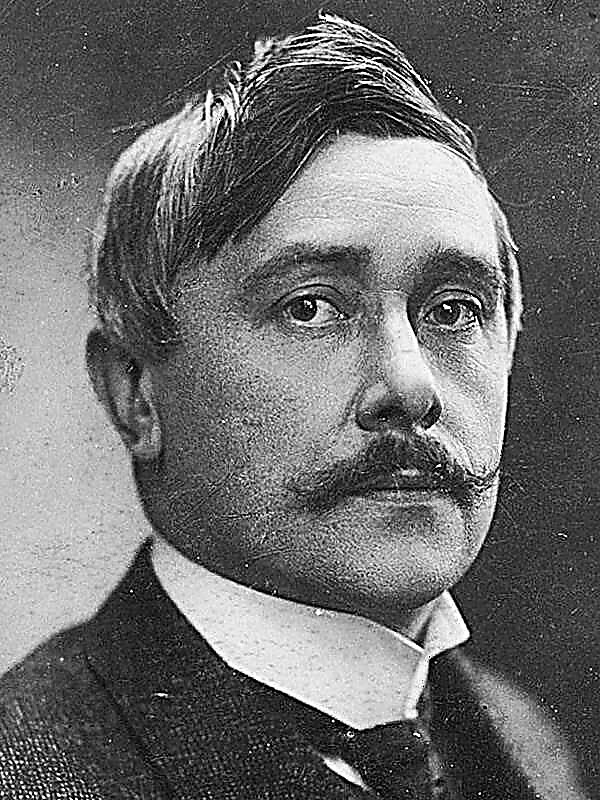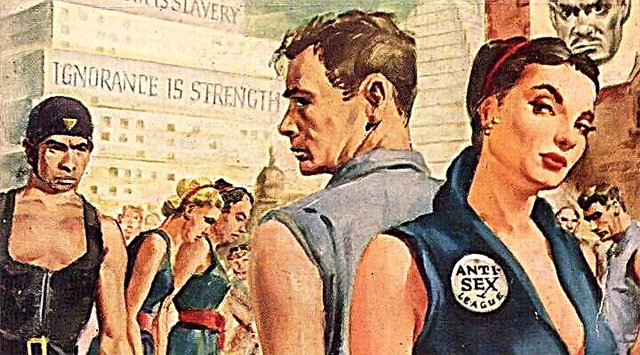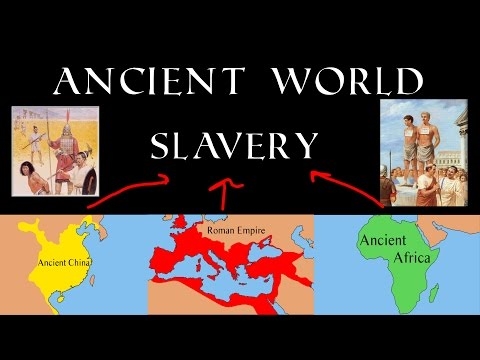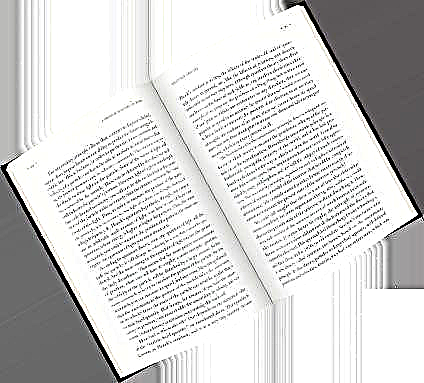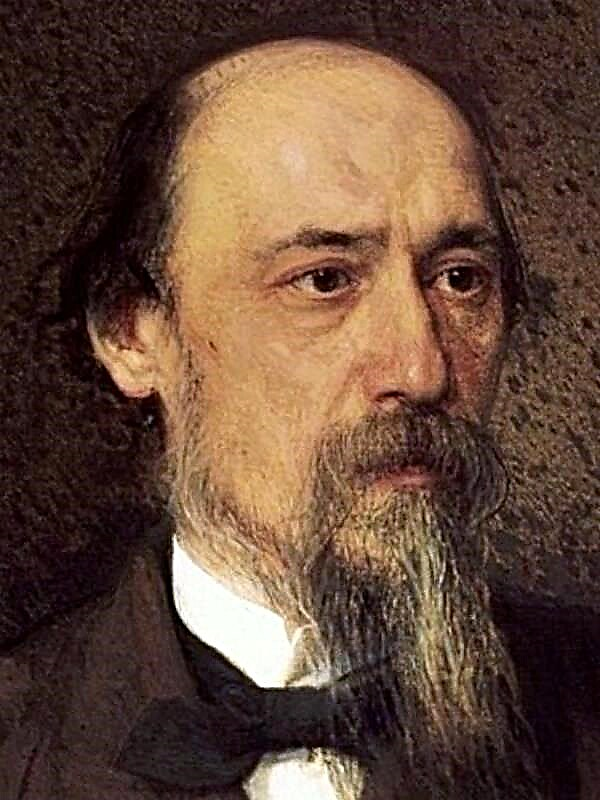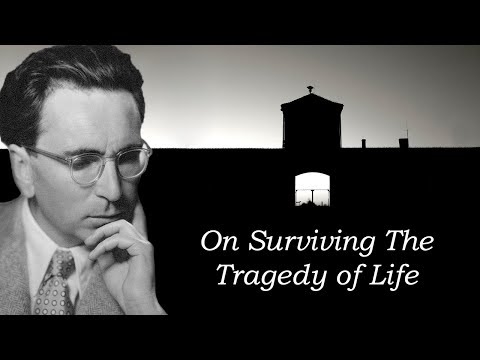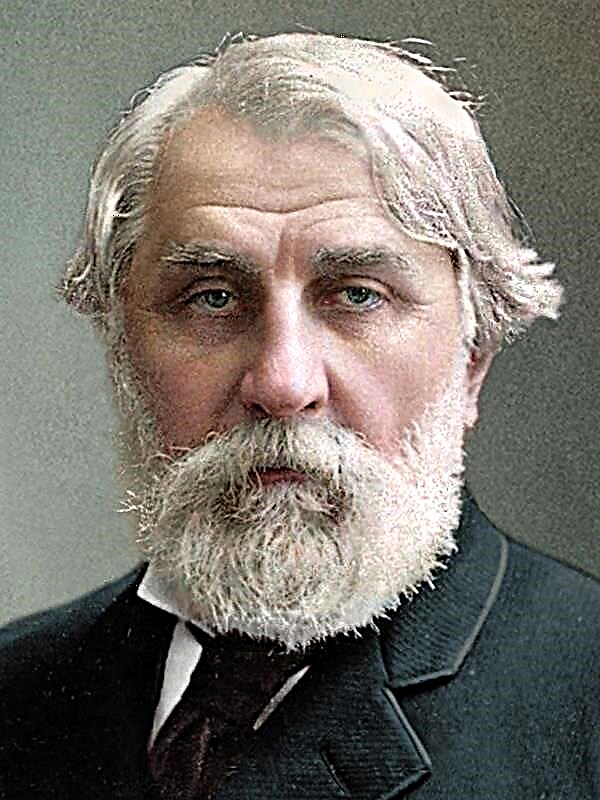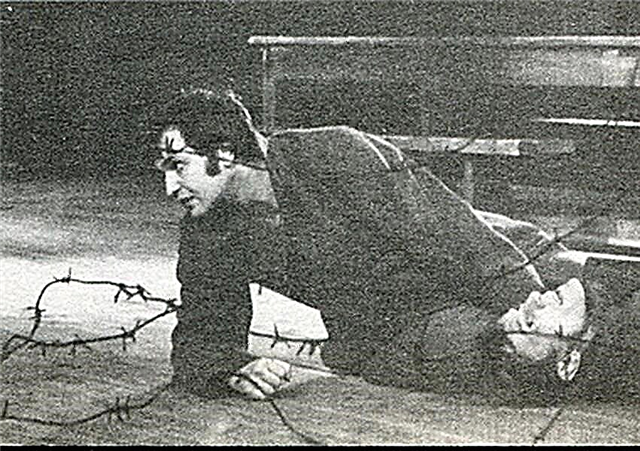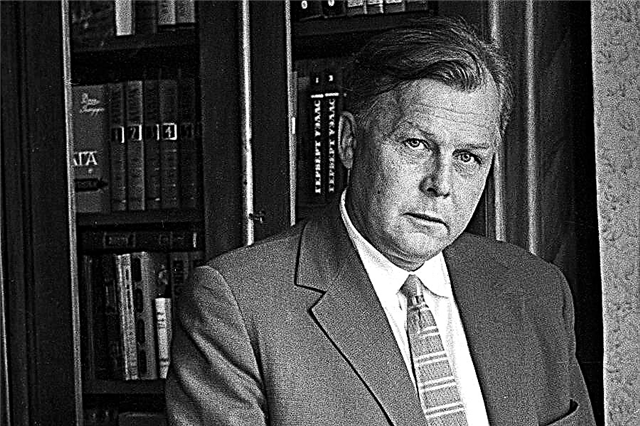The civic poetry of Anna Akhmatova is an emotional and subtle poetry, which reveals topics and problems relevant to the country. The poetess has always been indifferent to the fate of her people and patronymic, therefore in her poems we often find the pain and feelings experienced by a person who truly loves his homeland.
History of creation
Anna Andreevna Akhmatova in her poem “Prayer” conveyed all compassion and sympathy to the Russian people. The poetess always "spoke" for the people, I describe all the pain of an ordinary person. In 1915, she finished writing the poem "Prayer." The year 1915 was very difficult and terrible - the height of the First World War.
In her poem, she shared the pain of the whole people, because it was not easy for everyone, including the poetess. The war was unbearable and alien to the heart of a woman, so the work turned out so tragic and gloomy. The name “Prayer” is not accidental - war is a time when many give up, when there is no hope, when there is simply no one to hope for, then people ask God for help
Genre, direction, size
The Prayer genre is a traditional poem for prayer for Akhmatova: small volume, expressiveness and eloquence, solemnity of style.
Speaking about the direction in which Anna Andreevna worked, it is worth mentioning acmeism. Acmeists abandoned the principles of symbolism and introduced their own canons - clarity in expressing the author’s position and return to the material world.
A small poem in volume is written in a cross-rhyme (ABAB) and has anapaest poetic size.
Images and Symbols
The symbol system is represented by three main symbols.
- In the first quatrain, the “mysterious song gift” symbolizes the voice of the people, which the lyrical hero is ready to give for the sake of his country, even if he becomes unhappy.
- The cloud in the second stanza is a symbol of the gloom hanging over Russia - war.
- But the “cloud in the glory of the rays” is a victorious memory of the struggle, a historical memory, where the rays are the joy and pride of the people for victory over the enemy.
The system of images is not so extensive, but this can be explained by the small size of the poem itself. The main images are a sacrificial patriot who is ready to give everything that he has for the good of the Motherland and the image of the Creator, whom the lyrical hero calls for help so that the country can finally free itself from the shackles of darkness.
Theme and mood
The main theme of Akhmatova’s poem is patriotism, self-sacrifice for the sake of her country. The lyrical heroine is full of faith in the future victory of the Fatherland. She is ready to sacrifice everything - both health, and the child, and even her voice.
The mood of the poem is fully consistent with the theme - patriotic. The lyrical heroine anticipates the future prosperity of the country, she just needs a little help. Readers of rhinestones have a feeling of some kind of trepidation before the virtue of the lyrical heroine, whom they want to match.
The poem also raises the issue of war. She drove people to despair, they are ready to make fabulous sacrifices on the altar of victory, only this nightmare has stopped.
Idea
The meaning of the poem is to raise the national spirit of resistance to the enemy. The author calls on people to sacrifice themselves in a Christian way in order to save the country. This is the only way to drive the threat from its borders and ensure prosperity for future generations.
Anna Andreyevna wants everyone to correspond to the lyrical heroine - a sacrificial, patriotic and valiant person. She is ready to sacrifice the most dear to her mother - the child, if only to bring a long-awaited victory, if only to save the future of the country.
Means of artistic expression
Akhmatova’s poem abounds with the means of artistic expression. For example, in the very first line we see an epithet - “bitter years”. The figurative use of this adjective enhances the darkness of the country in which the fatherland exists because of the war.
The epithet "dark Russia" is also found - again, the strengthening of the image of the "weak" homeland.
A cloud and a cloud are a detailed metaphor of war and historical memory of it.

